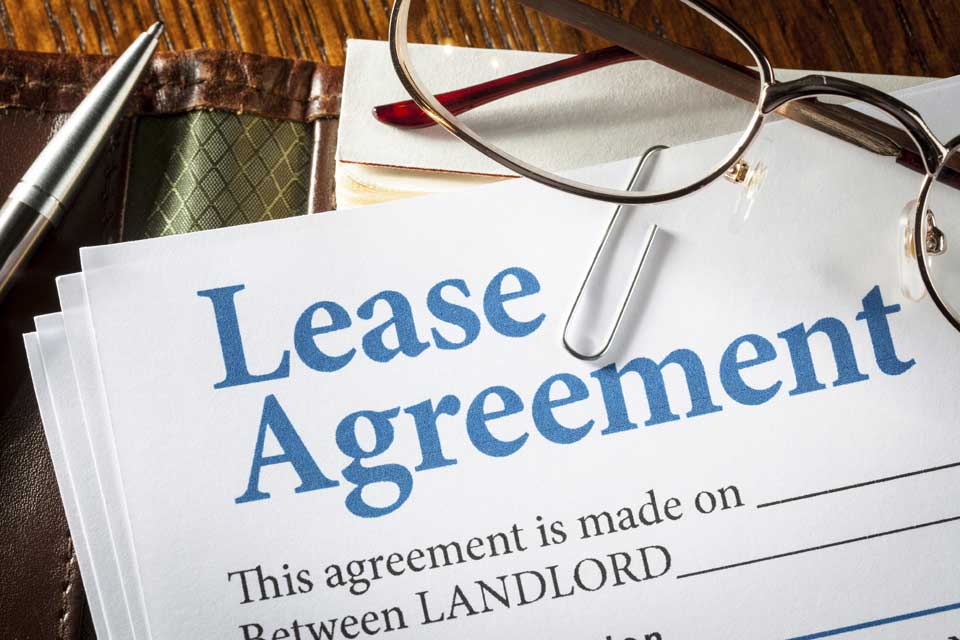
What is a Deed of Surrender of Lease?
When a landlord and tenant agree to terminate an existing lease before the expiry date, it is known as a termination of lease by agreement or a Surrender of Lease.
Reasons why a tenant and landlord agree to terminate a commercial lease include:-
- The tenant needs to vacate the premises as it can no longer afford the rent. In these circumstances it may be better for the tenant to try to locate a potential new tenant to whom the lease can be assigned;
- The tenant needs larger premises and the landlord and tenant agree a new lease of extra space;
- The landlord needs the premises vacated as it intends to redevelop or sell the site;
When the landlord and tenant have agreed to terminate the original lease before the expiry date of the lease term, that agreement needs to be formally recorded in a document known as a Deed of Surrender of lease. The purpose of the Deed of Surrender of lease is to formally terminate the lease and record any other arrangements the landlord and tenant may have agreed to.
What should I consider when negotiating a Deed of Surrender?
When negotiating a surrender of lease, before preparing the legal documents, the landlord and tenant should reach agreement on conditions including:-
- Date of surrender of lease
When will the tenant vacate the property?
- Who is paying the legal fees?
The deed of surrender is normally prepared by the landlord. Agreement needs to be reached as to who will pay for the legal costs of drafting the deed of surrender.
- Rent and outgoings
Will the tenant be required to pay of rent and outgoings up to the date of surrender? Usually, the answer is yes but sometimes where the tenant is vacating because of a dispute with the landlord it may have been agreed that outstanding rent and outgoings are not payable or are payable at a reduced rate.
- Payment for early termination of the lease
In certain circumstances, the landlord or the tenant may agree to make a payment (often a lump sum) for the early surrender known as a surrender fee.
- Mutual release
A clause releasing the landlord and the tenant from any further claims against each other in relation to their lease obligations should be included.
- Make Good
The lease usually includes a contractual term that the tenant “make good” the premises before it vacates. Leases vary as to what this requires the tenant to do. It can be as simple an obligation to clean and repair any damage to the premises or as onerous as the tenant completely reinstating the premises to its original condition.
- Guarantees Bonds, Security deposits and Bank Guarantees
Where a director of a corporate tenant has given a personal guarantee, the guarantee needs to be released. Where the tenant has given a security deposit (such as a bank guarantee or a bond) the security needs to be returned to the tenant. This should be effective from the date of surrender.
The deed should contain a condition that, before the lease is surrendered, matters such as make good have been done and the security deposit or bank guarantee has been returned.
Once these points have been discussed and the terms agreed, the deed of surrender is prepared, reviewed and signed by the landlord and the tenant.

Where to now?
Contact us to discuss your rights and obligations under a surrender of lease.




